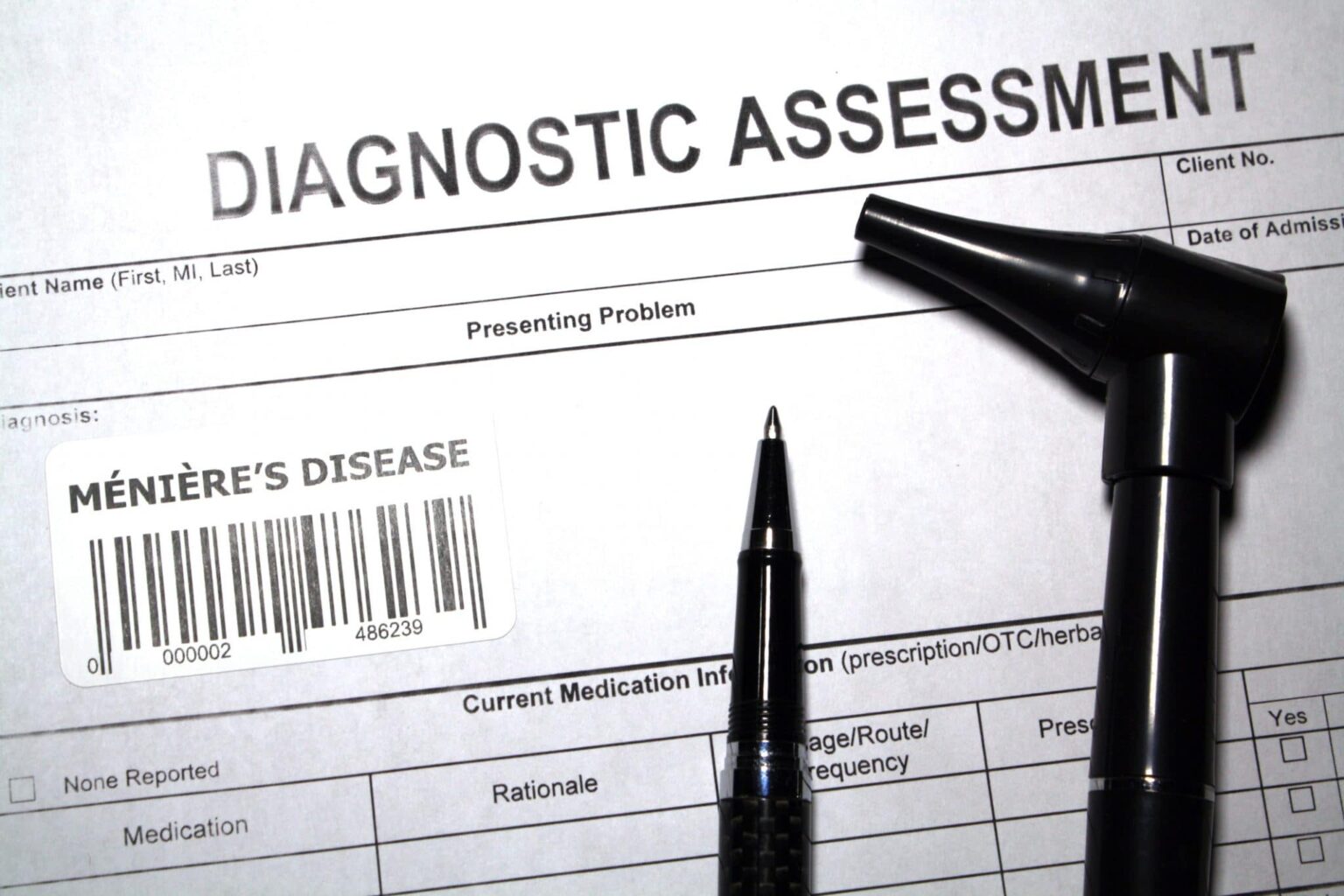
Ménière’s disease is an inner ear disorder that causes vertigo, tinnitus, hearing loss and pressure in the ear. According to the National Institute on Deafness and Other Communication Disorders, approximately 615,000 people in the U.S. have been diagnosed with Ménière’s disease as of 2017.
At All Generations Audiology, PLLC, we can provide treatment that will help ease these symptoms so you can get back to doing what you love.
What Causes Ménière’s Disease?
The symptoms of Ménière’s disease are a result of an excess amount of fluid in the inner ear, but it’s unknown what causes this to happen. It may likely be associated with a dysfunction of the endolymphatic sac, an organ responsible for regulating fluid volume and pressure in the inner ear. Potential causes include:
- Circulation disorders
- Viral infections
- Head trauma
- Allergies
- Migraines
- Obstructions of the ear canal
What Are the Symptoms of Ménière’s Disease?
People with Ménière’s disease suffer from progressive attacks that often have warning signs in advance, including loss of balance, dizziness, headache, increased hearing loss or tinnitus, sensitivity to noises and pressure in the ear. During the attack, you may experience:
- Vertigo
- Fluctuating hearing loss
- Fullness in the ear
- Tinnitus
- Anxiety
- Blurry vision
- Nausea
- Vomiting
- Trembling
- Rapid pulse
- Diarrhea
Afterward an attack, exhaustion often sets in. Attacks may be brief, lasting for as little as 20 minutes, or may persist for as long as 24 hours. Their frequency is unpredictable and sporadic; they may occur several times a week, or as little as once every few years.
How Is Ménière’s Disease Diagnosed?
Our provider will take a medical history and conduct a physical exam. They might also perform a hearing assessment, balance assessment or a CT scan or MRI to rule out other conditions.
A diagnosis of Ménière’s disease requires at least two episodes of vertigo that last between 20 minutes and 12 hours, tinnitus or a feeling of fullness in the ear, hearing loss and ruling out other potential causes of these problems.
How Is Ménière’s Disease Treated?
There is no cure for Ménière’s disease, but it can be managed in a variety of ways. Your doctor may suggest:
- Medications to reduce dizziness or nausea.
- Diuretics to reduce fluid in the inner ear.
- Vestibular Rehabilitation Therapy, which uses exercises to help with balance issues.
- Reducing salt intake, which will cause the body to retain less fluid.
- Hearing aids to treat hearing loss associated with the disorder.
If your symptoms are particularly debilitating, additional options include:
- Pressure pulse treatment, which involves applying pressure to improve fluid flow through the ear.
- Injections of medications into the ear.
- Surgical procedures, which are typically reserved for the most extreme cases.
Ménière’s disease can feel overwhelming because of the symptoms associated with it, but you don’t have to manage it on your own. Our team will support you from your initial diagnosis through ongoing treatment.
Call All Generations Audiology, PLLC at (704) 799-7925 for more information or schedule an appointment online.
